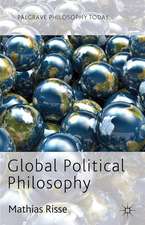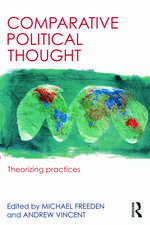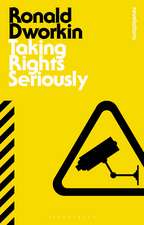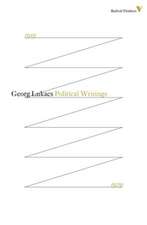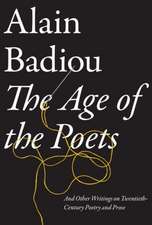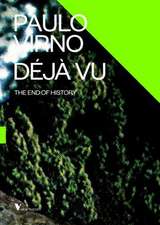Marx and Freud in Latin America: Politics, Psychoanalysis, and Religion in Times of Terror
Autor Bruno Bosteelsen Limba Engleză Paperback – 20 aug 2012 – vârsta de la 22 ani
Bruno Bosteels presents ten case studies arguing that art and literature—the novel, poetry, theatre, film—more than any militant tract or theoretical essay, can give us a glimpse into Marxism and psychoanalysis, not so much as sciences of history or of the unconscious, respectively, but rather as two intricately related modes of understanding the formation of subjectivity.
Preț: 213.95 lei
Nou
Puncte Express: 321
Preț estimativ în valută:
40.94€ • 42.74$ • 33.88£
40.94€ • 42.74$ • 33.88£
Carte disponibilă
Livrare economică 15-29 martie
Preluare comenzi: 021 569.72.76
Specificații
ISBN-13: 9781844677559
ISBN-10: 1844677559
Pagini: 326
Dimensiuni: 152 x 234 x 25 mm
Greutate: 0.52 kg
Editura: VERSO
ISBN-10: 1844677559
Pagini: 326
Dimensiuni: 152 x 234 x 25 mm
Greutate: 0.52 kg
Editura: VERSO
Notă biografică
Bruno Bosteels, Professor of Romance Studies at Cornell University, is the author of Badiou and Politics, Marx and Freud in Latin America, and The Actuality of Communism. He is also the translator of several books by Alain Badiou: Theory of the Subject, Can Politics Be Thought? and What Is Antiphilosophy? Essays on Kierkegaard, Nietzsche, and Lacan. He currently serves as the General Editor of Diacritics.
Recenzii
“Positively inspiring.”—Jean Franco, author of The Decline and Fall of the Lettered City
“Some of the stories he tells are familiar, but Bosteels has not written yet another history of orthodox Marxism and official psychoanalysis in Latin America. His considerable originality lies in his focus on intriguing and under-appreciated thinkers, often heretics within already heretical traditions.”—The New Inquiry
“Some of the stories he tells are familiar, but Bosteels has not written yet another history of orthodox Marxism and official psychoanalysis in Latin America. His considerable originality lies in his focus on intriguing and under-appreciated thinkers, often heretics within already heretical traditions.”—The New Inquiry

